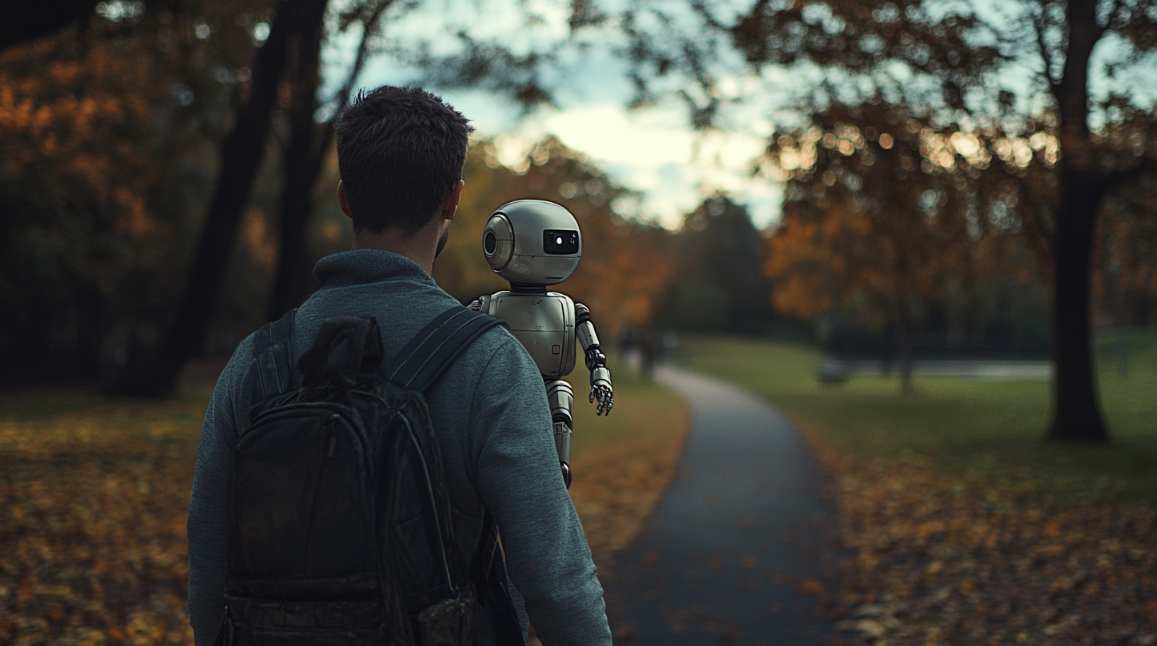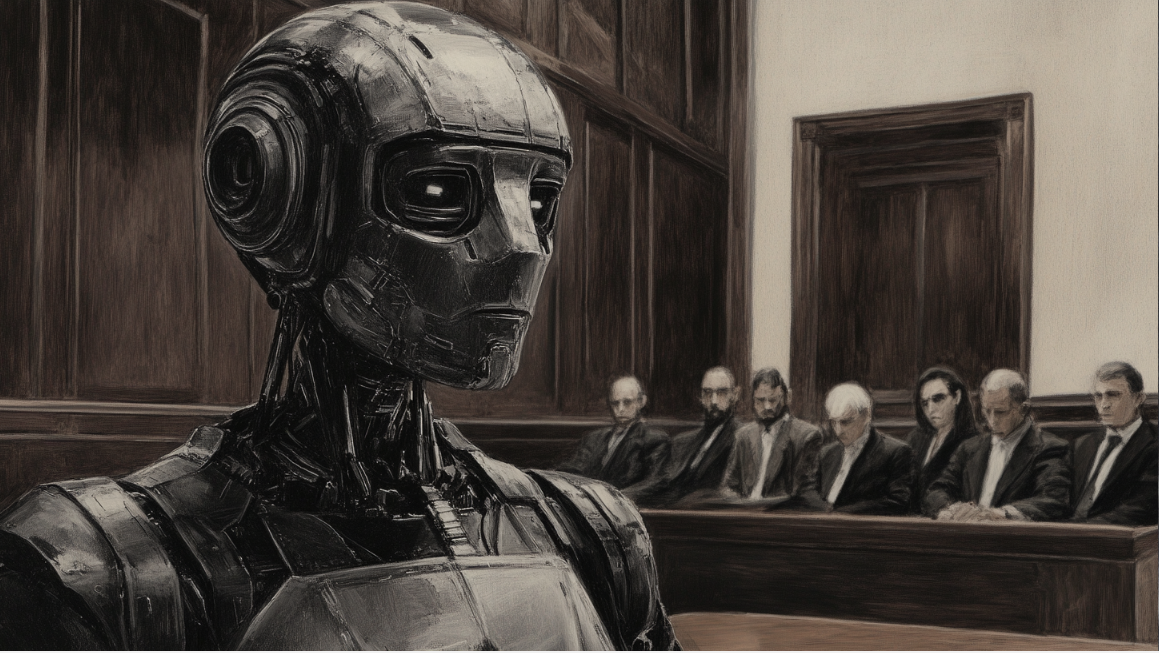I love tea. I love the bitterness and the astringency. I love the aroma. I love that it has no calories. And yes, I love the caffeine, although caffeine doesn’t love me.
I’ve tried many alternatives to tea, and none of them are very good. This morning I wanted to give it another try and find something to experiment with. I’m a home brewer, so I have an interesting assortment of different herbs laying around, and we have regular kitchen herbs and such as well. But which should I try?
Imagine that I tried to solve this through search. It would be agonizing. I’d try a search phrase, then I’d have to wade through five or six lousy results pages (with all their ads and their “what you really want is way at the bottom” writing style). Then I’d realize I need to modify my search, and go through the whole mess again.
It would take a long time, and unless I got very lucky, the results would be underwhelming.
Now imagine having a conversation with ChatGPT. It’s so easy. (In fact, I just did it on this very question and got some interesting suggestions.)
If I don’t get my query right, I just say, “No, that’s not what I meant. I meant this.” And it adjusts. It’s amazing. I use it all the time. I’ve even installed an app on my phone so I can talk to ChatGPT while I’m driving.
Search has essentially been replaced. Earlier I made an analogy between search and print, because – just like print – search won’t die. It will just settle into a smaller niche. There are still times when you need search, like when you have the name of a company and want to find their website, or their username on X. Things like that.
I find I use ChatGPT more often than I use search.
What are the implications for publishers?
For starters, a whole genre of internet writing will disappear. You know what I mean. The “I’ll answer your question after I tell you about Aunt Martha and her six cats, and make you wade through three or four intrusive ads” genre. There won’t be any point in that, thank God.
Writing for search engines will decline.
ChatGPT is awesome, but something even more awesome is coming. AI agents.
I recently watched that old Joaquin Phoenix movie “Her.” If you haven’t seen it, it’s worth watching, although there’s a chat-sex scene in the beginning you should skip. It’s very disturbing.
The protagonist, Theodore, tries out a new operating system that’s essentially ChatGPT, but with a voice and a personality. He’s a lonely fellow, and “Samantha” — the AI — voiced very effectively by Scarlett Johanson — becomes his daily companion.
He falls in love with it.
I hope you’re not such a loser that you would fall in love with AI. That is a problem humanity is going to have to reckon with. Birth rates are already too low. Still, let’s avoid that side of it for a moment and think about how useful it will be to have an AI assistant like that.
Back to publishers. How are you planning to fit in to that ecosystem? Because that’s where we’re going to be very soon. People won’t use Google to find things. They’ll chat with their AI assistant, which will learn their preferences and recommend things.
How are you preparing to survive?
I have some ideas, and I’d love to chat with you about it. Give me a call.




